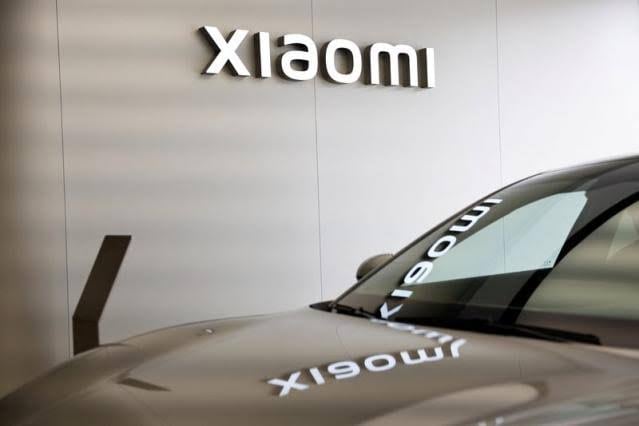Xiaomi's Stock Surges After it Releases its First EV

Xiaomi, the Chinese smartphone manufacturer, saw its shares soar by up to 16% to HK$17.34, reaching a peak not seen since January 2022, following the announcement of its entry into the electric vehicle market with the SU7 model.
The SU7 is competitively priced at approximately $4,000 less than Tesla's Model 3 while promising a superior driving range. The market's enthusiasm was evident as Xiaomi reported a backlog, with online store wait times stretching to at least five months due to an influx of over 50,000 orders within the first 27 minutes of sales.
In response, other Chinese EV makers Xpeng and Niorolled out purchase incentives of 20,000 yuan ($2,800) and 10,000 yuan respectively.
March delivery figures from other players in the sector painted a mixed picture of the industry's dynamics. Li Auto reported a delivery of 28,984 vehicles, a recovery from February but still short of its own benchmarks, leading to a revised downward forecast for first-quarter deliveries by over 20,000 vehicles.
Nio adjusted its forecast slightly downwards after reporting 11,866 deliveries in March, while Xpengmanaged 9,026. Meanwhile, Huawei's EV brand Aitooutperformed these figures with 31,727 deliveries, but BYD remained the dominant force, selling 139,902 battery-powered and 161,729 hybrid cars in March alone, marking a near 14% increase year-on-year.
What Does This Mean for Me?
Xiaomi's strategic pricing and the subsequent market reaction underscore the intensifying competition and shifting landscapes in China's EV market, highlighting how technological innovation and aggressive marketing strategies are pivotal in capturing consumer interest and driving sales in this burgeoning sector.
More News

Novo Nordisk Shares Soar as FDA Clears First Weight-Loss Pill
1 day ago

From Comeback to Contender: Can Europe’s Banks Deliver Again in 2026?
1 week ago

Oracle’s Miss Stirs Fresh AI Bubble Jitters
1 week ago

Netflix’s $72bn Power Play Sets Up a Streaming Shockwave
2 weeks ago

HP Bets on AI as Cost Pressures Mount and Layoffs Deepen
3 weeks ago

SoftBank Cashes Out of Nvidia to Double Down on AI Bets
1 month ago

Amazon Rallies 13% as Cloud and AI Power Record Earnings
1 month ago

Apple Is Now a $4 Trillion Company
1 month ago